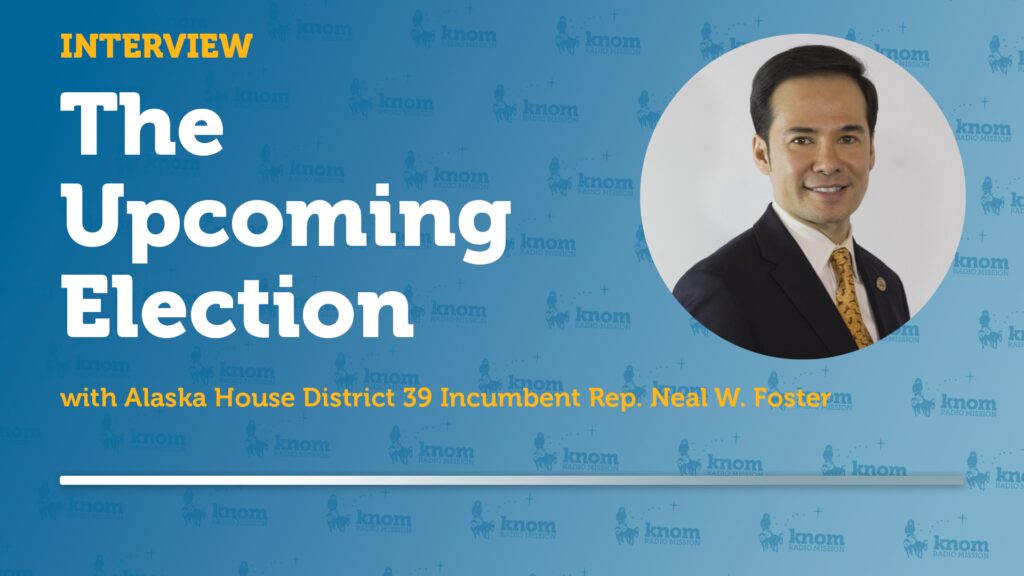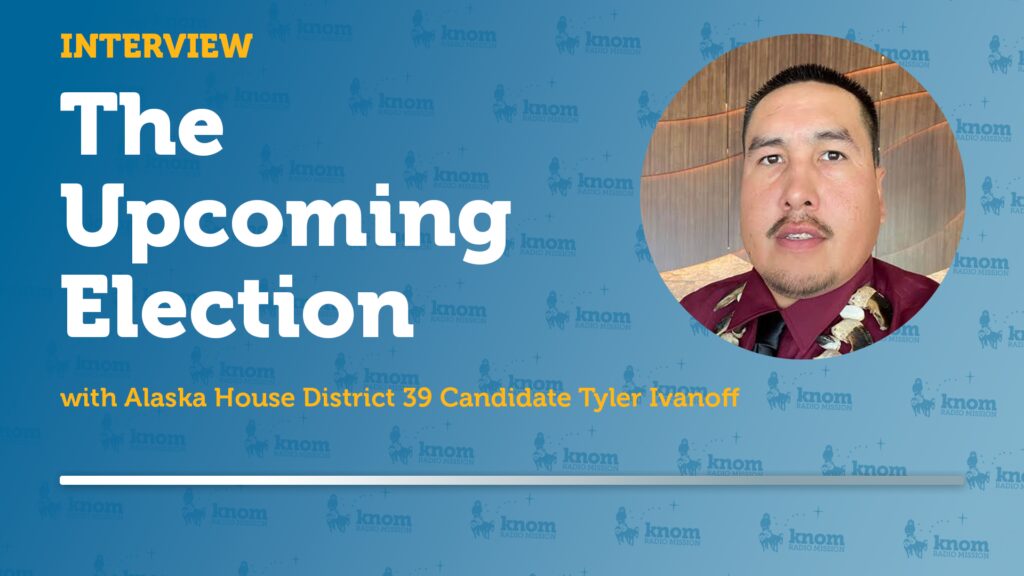With an aim to reduce recidivism rates in Alaska, Department of Corrections Commissioner Dean Williams has toured state correctional facilities in preparation for a trip to Norway. He was in Nome last week.
Williams started his tour May 8th in Fairbanks with Prison Law Office Executive Director Donald Specter. The California-based public interest law firm tries to improve prison conditions for adults and juveniles. In this instance, Specter is touring with Williams in preparation for a week-long trip to Norway.
This September will mark the fourth time the firm has taken a group of prison officials to learn about and witness European practices. Specter says comparing the Norwegian and Alaskan prison systems is similar to comparing Nome and New York City. “[Norway] wants to make their institutions as normal as possible, and I think, in my belief, that they create better neighbors that way,” Specter said. “They reduce the difference in the transition between prison and the community. And I think that’s one of the reasons their system is so successful.”
Norway sees about 20% of its inmates return for a second sentence. In Alaska, recidivism hangs at 65%. In an interview with Fairbanks tv station KTVF, Specter describes Norwegian cells as having fully functioning kitchens with knives. Inmates also have access to supermarkets. The prison staff, Specter says, act more like counselors than correctional officers.
Visiting facilities, in Nome, Fairbanks, Anchorage, and Eagle River, the sight is a little bit different. When he visits, Specter looks at prison programming and conditions. He says when implementing changes to this infrastructure, it will be important to take local practices and cultures into consideration. “You can’t take what Norway does and just put it in some culture like Alaska.”
On his trip to Nome last Wednesday, May 10th, Specter thinks that Alaska’s tight-knit communities (similar to Norway’s) could be an asset in prison reform. “You can use that type of community foundation to create a system of punishment that doesn’t involve so much incarceration. You can involve the community more in the prison system, and you can involve the offenders who are in prison, in more parts of the community without any danger to the public.”
In an effort to understand and learn from the Norwegian system, the group will tour Norwegian prisons with maximum and minimum security, a halfway house, and an intake facility. The group may also get a glimpse into the training process new recruits go through.
When evaluating Alaska’s correctional system, Williams concedes that some of the change might require legislative help, which is why, under Specter’s recommendation, the Lieutenant Governor and the President of the Senate will accompany the trip to Norway.
According to the Commissioner, 90% of the sentence-serving prison population will eventually return to a life outside the system. A decrease in recidivism, he says, reduces the chance of offenders committing a second crime, resulting in fewer victims who are affected by repeat offenders.
Upon his return from Norway, Williams hopes to make changes that are more victim-centric.
“Norway is a real opportunity for me and the department to say, ‘okay, here’s a new chance for us to see a new vision for how the prison system should be run.’”
Williams’ vision for a perfect system will take systemic and legal changes.
“Are the staff healthy? Are the staff working together? Are we problem solving? And then… then you start looking at, ‘what’s the programs we have?’ ‘What do the inmates look like?’ ‘Have we reduced solitary confinement?’ So, you look at those things. You look at segregation. You look at recidivism. Are we even making a dent in recidivism? So, I want those results. I’m hoping some of it comes under my tenure, but the most important thing is to set the course and set the vision.”
Williams will take another step towards lower recidivism rates, spending a week in Norway this September.







